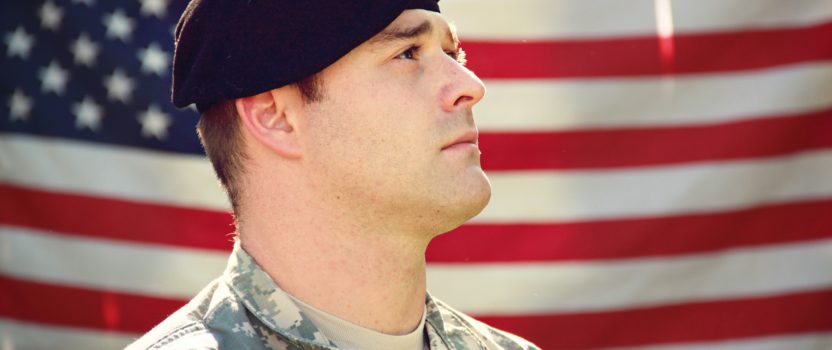John’s Story
The Challenge
John is a soft spoken, gentle and thoughtful person from New Hampshire. He joined the Navy at age 18 and served 5 years with an honorable discharged at age 23. He came back with some physical wear and tear.
Upon discharge, he enrolled in engineering school in community college for one year, but school did not come easy for John. He tried to live with his family, but this situation did not work for them. He had a friend in Texas, so he went there for a short while, but that did not work out either.
John then returned to New Hampshire and contacted a friend in Rumney, where he stayed on a couch for several months. He was still young, and had a hard time translating his Navy skills in the civilian world. He was trying to figure it all out. He worked towing cars until he got a better opportunity for more steady work. He went to live in a tent in Keene for a while, and then moved to above his boss’s garage in a space with no running water or way to cook food. He went to work trimming trees every day despite sleep issues, transient mood swings, and chronic pain. He did construction work, but all that time he knew he needed a job that provided more income and stability to get his life going in the direction that he wanted. He was not making enough money to afford his own, decent and functional place to live.
The Fix
John is a survivor. In his quest to better himself and his life, he decided to ask for help. He went to the Vet Center and established a relationship with one of the workers to talk about his issues. That therapist suggested he go to the VA to access services from the VA Homeless Programs. He was reluctant, as he wanted to independently achieve his success. He made several contacts with the VA Homeless Programs staff in 2015 after two years of homelessness to get information about what services were available for him. He spoke a few times to a Peer Veteran through the VA who suggested that if he became a linesman, this would be a way for him to have the career that would afford him the things he wanted in life. He declined transitional housing options, leaving the space there for other Veterans.
John first met with the Manchester VA medical center HUD-VASH staff in the fall of 2015 where he completed an intake for the program. This was tough for him. Typical of many Veterans, he wanted to be able to do it himself, without help, so he ended up declining the program. He didn’t want to take up a spot that another Veteran in need could use.
Things got worse for John. He wound up living in his car and so, came he back to HUD-VASH in the spring of 2016. “I’ll give it one year,” he said. Once he made up his mind, there was no stopping the progress towards his goals. John found a nice, safe and functional apartment with the HUD-VASH rental subsidy. He got many of the household items by himself or through his family, but did accept some donated items to fill in the gaps. He was careful to give back any duplicates that he received so others could use them as many other Veterans do not have other means to acquire needed items. Once John had a permanent, safe place to lay his head, and a means to take of his basic needs, he was freed up from survival mode and was able to move into action mode.
He worked with the VA Community Employment Coordinator to find a path to the linesman job. He got his CDL, joined the professional union, and was accepted into the training program. John is now a linesman apprentice. He made consistent progress in achieving each step toward his goals. He enjoys his small town and joined the VFW. He was a volunteer firefighter for a time. In one year, he had achieved every goal that he set out to do.
The Result
John will soon be finished with HUD-VASH. He is now paying his full rent as he is over income for the HUD-VASH voucher. He is saving money so he can buy his own land. He was able to buy a better vehicle. John is shining example of how HUD-VASH can help those who served, providing a leg up when they need it most.
Some pass through HUD-VASH quickly like John. Once he was in his own place with everything he needed, he was able to move onto bigger life goals and achieve success. Some that have been chronically homeless and are very disabled may not leave the program so quickly; however, the theme is the same for all. Housing and household items are basic needs that, once met, provide the platform and stability to tackle other goals. Housing is the first, most basic, step needed before one can begin putting one’s life back together. It is a necessity to have a safe, stable and functional place to live in order to move forward and achieve independence, stability and achieve one’s dreams.
View the full article here.

